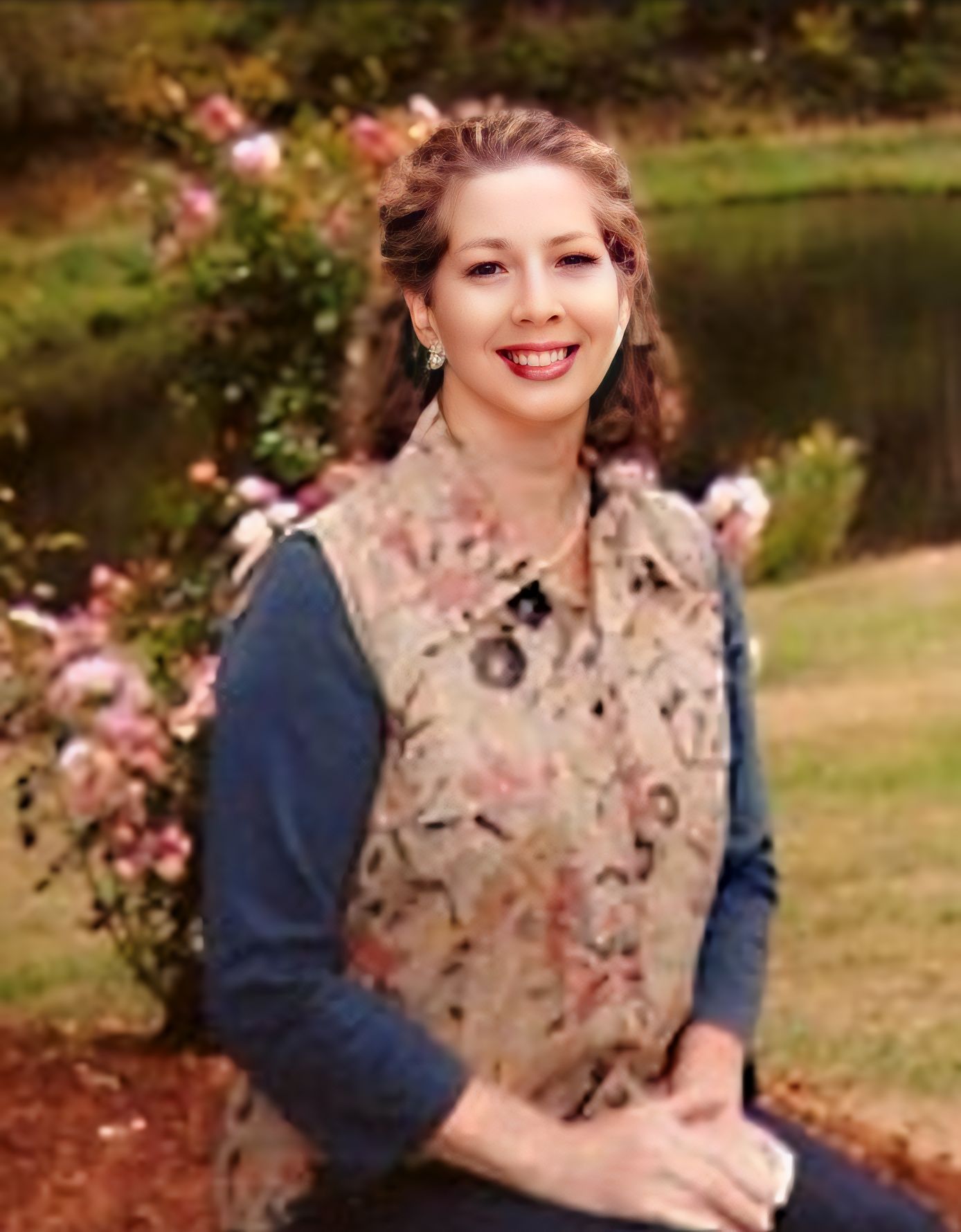|
The Ojibwa Tea Story Rene Caisse and Essiac
Tea: A Legacy of Herbal Healing
Introduction The Life of Rene Caisse Rene Caisse was born 1888, in Bracebridge, Ontario, Canada. She trained as a nurse in the early 20th century and began her career at a time when medical science was still evolving. Her journey into the world of herbal medicine began in the 1920s when she encountered a patient who claimed to have been cured of breast cancer by using a mixture of herbs provided by an Ojibwa healer. Intrigued by this alternative treatment, Caisse sought to learn more about the herbal concoction. Development of Essiac Tea Caisse named the tea "Essiac," which is her surname spelled backward. The original formula she received reportedly contained four main herbs: burdock root, sheep sorrel, slippery elm bark, and Indian rhubarb root. Each of these herbs has its own history of use in traditional medicine: 1. Burdock Root: Known for its detoxifying properties and used in various cultures for purifying the blood. 2. Sheep Sorrel: Believed to have anti-cancer properties and often used to treat inflammation. 3. Slippery Elm Bark: Known for its soothing effects on the digestive tract. 4. Indian Rhubarb Root: Traditionally used to aid digestion and liver function. Caisse refined the recipe and began administering the tea to patients in her hometown, gaining a reputation for her compassionate care and the reported success of her treatments. By the 1930s, she was receiving attention from both the public and the medical community. Throughout her life, Rene Caisse faced significant opposition from the medical establishment. Despite testimonials from many patients who claimed to have benefited from Essiac, mainstream medicine demanded rigorous scientific proof. Caisse struggled to get formal recognition or approval for her tea, though she did collaborate with several doctors and conducted some informal clinical studies. In 1938, a bill to legalize Essiac in Ontario was narrowly defeated. Caisse continued to treat patients until the 1970s, often free of charge. She passed away in 1978, but her legacy lived on through her supporters, who continued to advocate for Essiac tea as a natural remedy for cancer and other ailments. Today, Essiac tea is available as a dietary supplement, marketed primarily for its purported detoxifying and immune-boosting properties. Scientific studies on Essiac have yielded mixed results. Some laboratory studies have shown that the tea has antioxidant and anti-inflammatory effects, but there is no conclusive evidence that it cures cancer. Proponents of Essiac argue that its benefits lie in its holistic approach to health, emphasizing the body's natural ability to heal. Critics, however, caution against using Essiac as a substitute for conventional cancer treatments, stressing the importance of evidence-based medicine. Rene Caisse's story is a
testament to the enduring allure of natural remedies and the complex interplay
between traditional knowledge and modern science. Essiac tea remains a symbol
of alternative medicine's potential and its controversies. While the scientific
community continues to evaluate its efficacy, Essiac has secured its place in
the annals of herbal medicine, thanks to the dedication and passion of Rene
Caisse. Whether viewed as a folk remedy or a legitimate medical treatment,
Essiac tea's legacy endures as a reminder of the ongoing search for healing and
the diverse paths it may take. In Memory of Michelle
Kalevik, Master Herbalist and Founder of Ojibwa Tea of Life™ Michelle Kalevik was a Master Herbalist, and retained certifications in CNC (Certified Nutritional Consultant), Homeopathy/Homotoxicology, Medical Aromatherapy Level I, and as a CRM (Certified Reiki Master). In 2008, Michelle was honored with a Certification as a Medicine Woman/Spiritual Leader in the Oklevueha Native American Church of San Pete. She continued her dedicated studies with the Nemenhah Seminary for over nine years. Her early formal education
began with Associate and Bachelors degrees in Early Childhood Education. While
residing in the United Kingdom from 1977-79, she pursued graduate studies in
counseling. Michelle’s varied background was pertinent to the dedication of her
work as owner of Ojibwa Tea of Life™. Additional areas of note are published
articles on the use of Ojibwa Tea of Life, natural health research, and founder
of a natural wellness support group.
“This healing journey led me to becoming an natural health practitioner. As one of my many choices for wellness, I formulated a Native American remedy and created a company called Ojibwa Tea of Life™.” The journey of natural health, active individual growth, and personal experience continued after 18 years of research. Michelle divided her time between Denver and the Pacific Northwest, traveling to locations to continue the journey of knowledge. In September 1998, she spoke on a health radio show in Rhode Island about Ojibwa Tea of Life™ and Native American healing. Additional experiences include a personal healing ceremony with Lakota Medicine Men Godfrey and Charles Chipps and Lakota Grandmother Elder, Victoria Chipps. In September of 2020, after years of fighting the lasting effects of a bad car accident, Michelle could no longer dedicate herself to the full-time running of her company, Ojibwa Tea of Life™. She made the difficult decision and turned over the company to her friend Phyllis Pipkin, owner of Ancient Elements, Inc. Phyllis’ company was the #1 online distributor of Ojibwa Tea and Michelle felt that Phyllis would serve her customers with the same care and dedication as Michelle had. Sadly, Michelle passed away in December of the same year. Ultimately, Michelle's proudest achievement came in the hundreds and thousands of lives she impacted through her work in Ojibwa Tea of Life.™ To all her customers, as we continue to honor her legacy, we offer a heartfelt thank you.
|

